Risk Abatement
Setting
Once Atlas had proved itself in their European subsidiaries, a number of MNCs (e.g. Brose, ASML, Bosch) also wanted Atlas to supply their North American and Chinese subsidiaries, thus substantially increasing both our sales and headaches.
Challenge
Particularly North America brought a whole new set of peculiarities:
- The litigious nature of the American system is well documented and with our magnets finding their way in cars, airplanes and the like, we needed to protect our business.
- Since our customers were located in many different states, we would have to deal with a myriad of taxes: income tax, sales tax and in certain cases even inventory taxes. The administrative hurdles this would entail, even assuming we would get everything right the first time, could easily sink us, especially during the early years when sales would still be rather limited. To quantify these hurdles just a bit: The Tax Foundation, an American think-tank, counts a dazzling 9,646 separate American jurisdictions that levy sales tax.
Solution
It soon became apparent that things like a recall insurance were near impossible to get, or would lead to exorbitant charges. This meant that the simple and effective solution we applied in Europe, stipulating in our Long-term Supply Contract that our risk would be limited to the insurer’s pay-out, wasn’t an option.
After lengthy discussions with lawyers and accountants in the US, I came up with one solution for both problems:
Restructure the Dutch company structure, such that we would have a pure financial holding company with separate European and American sales companies, both domiciled in the Netherlands. The sales company for the American market would sell using DAT or DAP (also known as DDU) incoterms, thus not having any real imprint on American soil and therefore not liable for any taxes. The holding structure, which had to be very strictly applied, would prevent any misfortune befalling one company from dragging down the other.

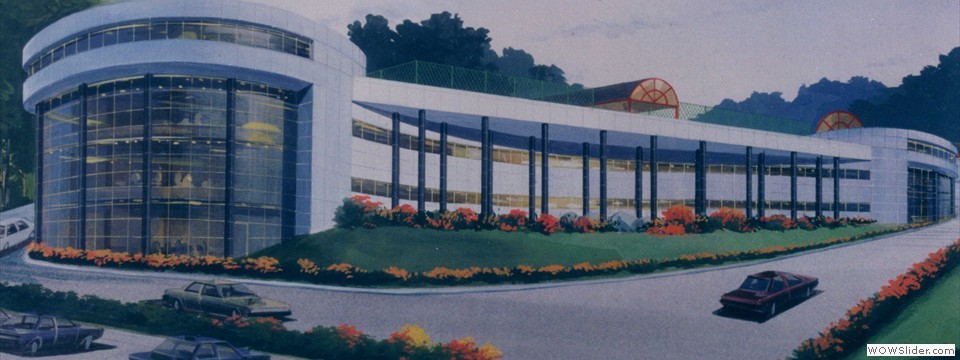
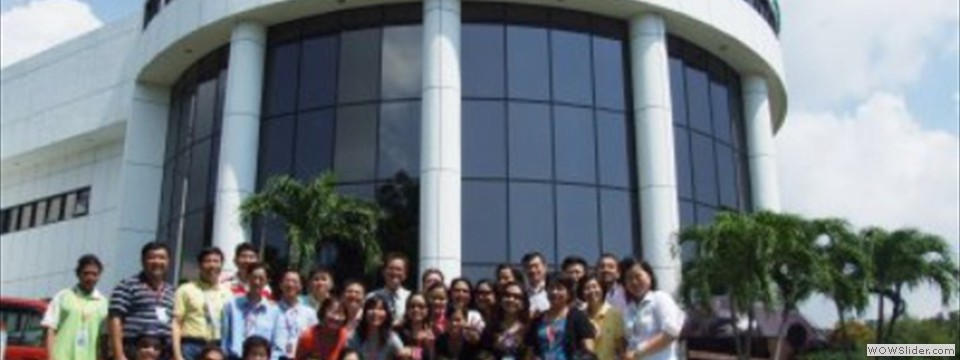

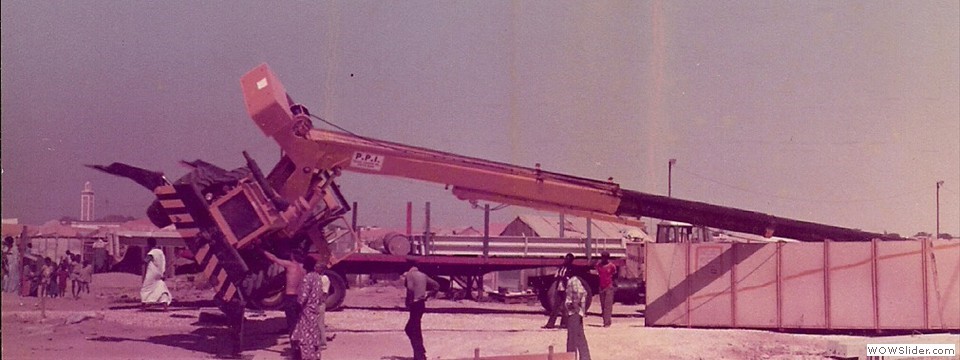
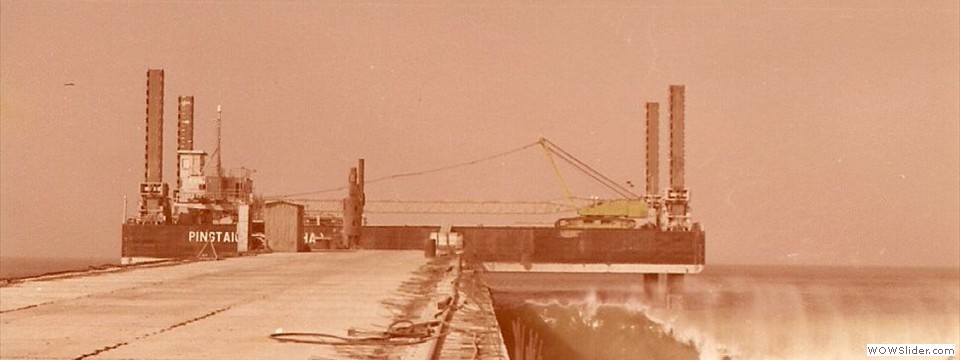




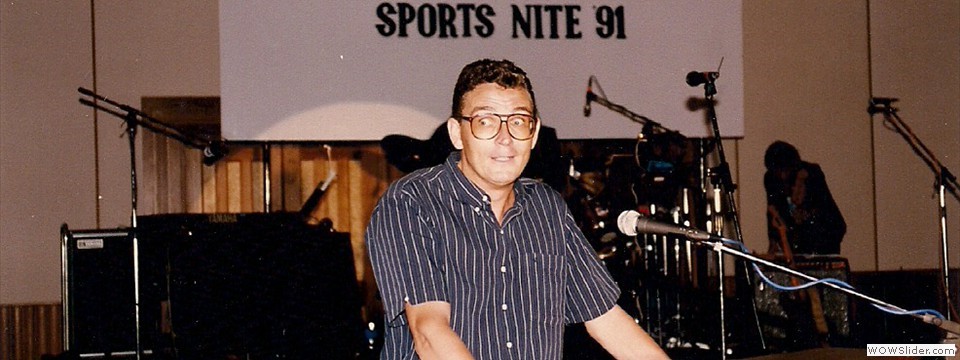
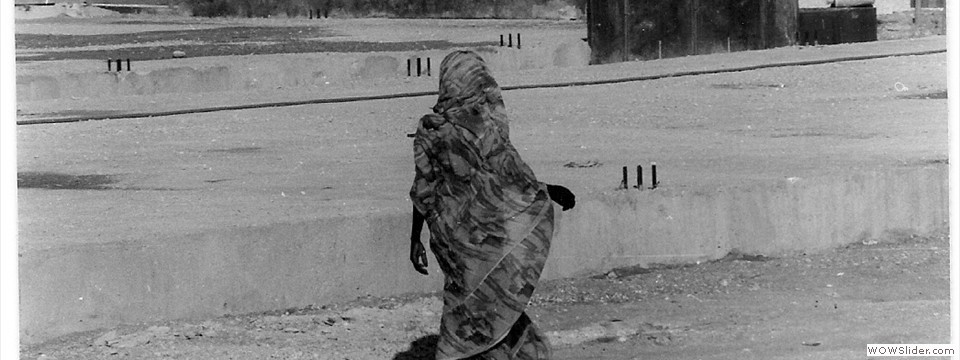

See also: